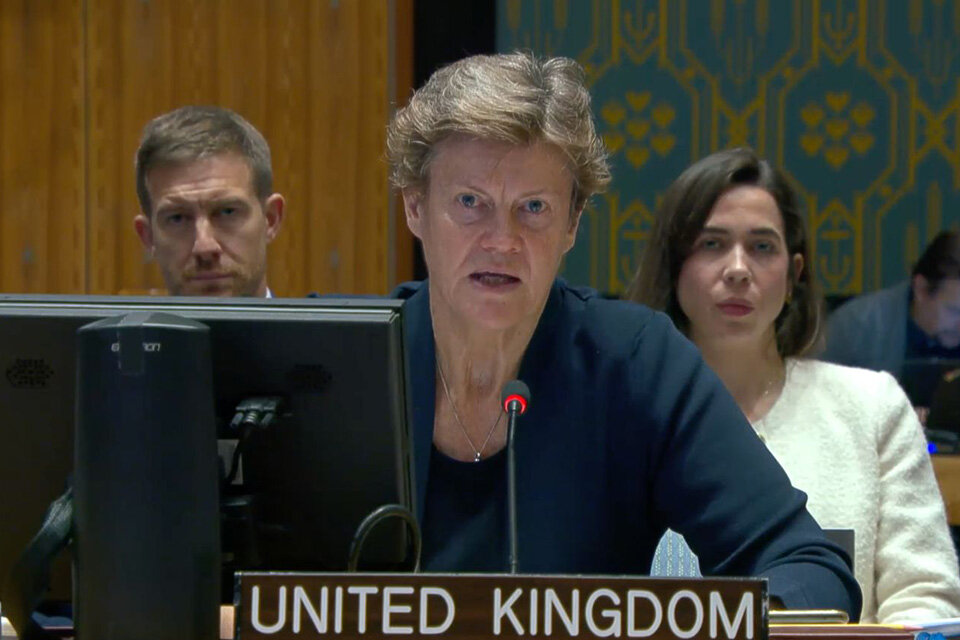Tehran's retaliation is justifiable defense

TEHRAN- Iran’s decision to retaliate against Tel Aviv is grounded in the principles of justice and self-defense, embodying its inherent right to defend its sovereignty and protect its interests.
However, the probable response from Western powers to Tehran appears to lack legitimacy, raising concerns about the non-alignment of their actions with international norms and fairness.
In the wake of the Israeli regime's brazen breach of international law with its recent attack on the consular section of the Iranian embassy, Tehran stands resolute in its assertion of the right to retaliate. However, looming over this rightful response is the unsettling prospect of an unjust reaction from Western powers.
The Israeli regime, known for its recurrent disregard for international norms, crossed a significant line last week with its assault on the consular section of the Iranian embassy. In response, Tehran vowed retaliation against Tel Aviv, though details regarding the method, timing, or location of such action remain undisclosed.
The gravity of the situation prompted an emergency session of the United Nations Security Council, convened to address the act of terrorism perpetrated against the Iranian embassy in Syria. During the session held in New York on Tuesday, Iran's mission to the UN wasted no time in calling for unequivocal condemnation of Israel's egregious breach of international regulations.
Zahra Ershadi, Iran’s deputy permanent representative to the United Nations, minced no words in her condemnation of Israel's actions. She accused the regime of deliberately stoking tensions in the region while shirking accountability for its actions, highlighting its consistent flouting of Security Council resolutions and international obligations. Ershadi underscored that Monday's incident blatantly violated the sacrosanct principles of diplomatic and consular immunity enshrined in key international conventions.
Despite the widespread outcry against Israel's transgressions, the United States and the United Kingdom opted to abstain from censuring the Tel Aviv regime for its blatant violation of international law. Instead, representatives of both nations sought to deflect blame onto Iran, thus shirking their own responsibility for the escalating situation in Syria and the broader region.
Tehran's insistence on its right to retaliate against Tel Aviv's criminal act stems from the clear violation of international law inherent in the Israeli regime's targeting of the Iranian embassy. However, the unwavering support of the West for Israel, particularly in terms of weaponry and financial backing, lays bare the political allegiance of the West and Tel Aviv, exposing the hollowness of their claims to uphold human rights.
This steadfast backing from the Western powers has emboldened the rogue regime in Tel Aviv to flout international laws with impunity, demonstrating a blatant disregard for humanitarian principles. Moreover, the growing global criticism of the West's lenient stance towards Tel Aviv has only served to exacerbate Israel's international isolation, laying bare the criminal nature of the regime on the world stage.
While Tel Aviv may perceive this unwavering support as advantageous, the regime cannot escape the significant costs incurred as its true face is unmasked on the global stage. Furthermore, the West's lack of justification for siding with a criminal regime that targeted Iran's embassy calls into question their commitment to justice and international law.
In the aftermath of the recent emergency UN session, the West's stance, particularly the apparent disregard shown by Washington, has sent shockwaves through diplomatic circles. Despite mounting evidence of the Israeli regime's terrorist act in Syria against Iran's embassy, American politicians have echoed a tone of ignorance, refusing to squarely address Tel Aviv's culpability.
However, Washington's attempt to sidestep accountability for Tel Aviv's criminal actions against Tehran is becoming increasingly untenable. Whether by design or circumstance, the White House finds itself inexorably entangled in Tel Aviv's warmongering agenda in West Asia.
The West's stance begs a fundamental question: Would Western powers not unleash a relentless pursuit of justice if their own countries and embassies faced similar attacks?
Leave a Comment